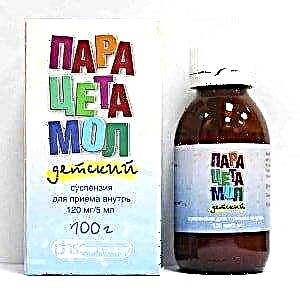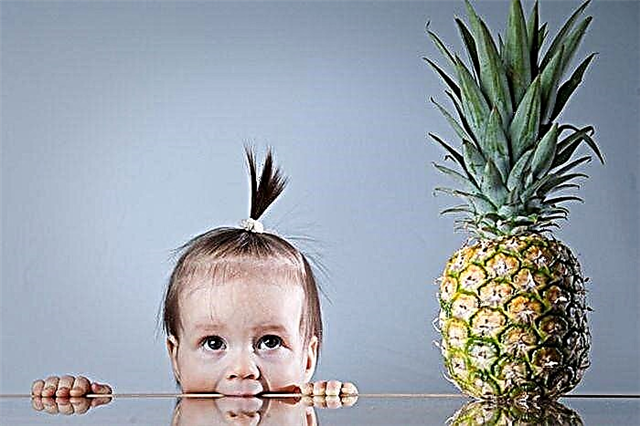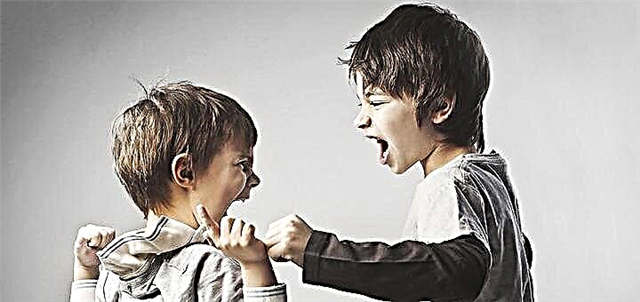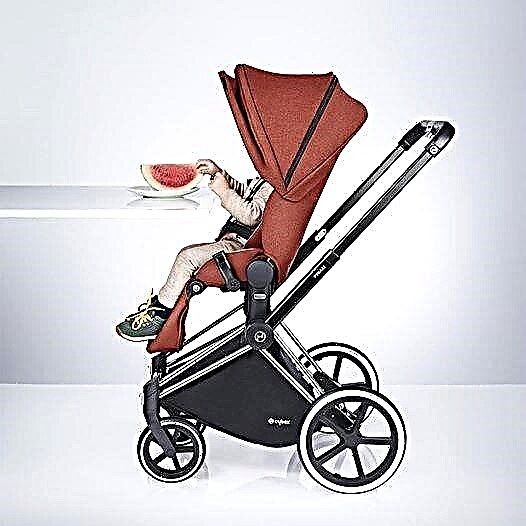Sunscreen for children
If you go to hot countries, it should be mandatory. In children, the top layer of skin is much thinner than in adults. Therefore, they can get tanned to a state of sunburn faster.

When choosing such a tool, be guided by the spf indicator. The higher it is, the stronger the protection will be. The minimum value for children on vacation in southern countries is 30, optimal - 50. If the baby has light hair, pale skin or is prone to allergic reactions, it is better to choose a cream with spf 70.
Apply sunscreen 30 minutes before sun exposure. If it is washed off with water (this is indicated on the label), the protection must be restored after each bathing.
In pursuit of complete safety, you shouldn't go so far as absurd perfectionism. Don't be afraid to sunbathe. The main thing is to observe the rule of the golden mean. Indeed, in moderation, the sun's rays are beneficial. Under their influence, vitamin D is synthesized in the skin and the processes responsible for the production of endorphins, the hormones of happiness, take place.
Sunburn Treatment
If it was not possible to protect against burns, they must be treated. Products with panthenol are ideal for this. These can be sprays, emulsions and gels. Sprays are the most convenient to use. They often contain aloe vera extract. It is a versatile moisturizing agent and will help the skin to cope with the aggressive effects of scorching rays.
Repellents
Depending on the place where you rest with your family, there is always an insect that tends to bite and feast on blood. These are mosquitoes, gadflies, ticks, mosquitoes and other midges.
In order not to be distracted by annoying insects during your rest, it is worth acquiring repellents. They ward off midges and minimize the chance of being bitten.

The effects of insect bites are not just itchy bumps. Many diseases are transmitted through bites (transmissible). These are malaria, encephalitis, Lyme disease, dirofillariasis and others. In addition, children often develop an allergic reaction in response to bites.
Remember to rinse off the repellents from the skin when you get home. When choosing a product, pay attention to the age limit.
To avoid undesirable consequences for the child, use only child repellent.
Antipyretic and pain reliever
For children, these are Ibuprofen and Paracetamol.
Diseases and conditions for which they are used:
 fever with infectious diseases;
fever with infectious diseases;- hyperthermia with sun and heat stroke;
- as a pain reliever for injuries.
It will be better if you take both Ibuprofen and Paracetamol with you on vacation. This is especially true for babies who have a high temperature during illness. If the temperature rises frequently (every 3 to 4 hours), antipyretics should be alternated to prevent overdose of any of them.
The drugs are available in the form of syrup, suppositories and tablets. It is advisable to have them all with you.
Ask your doctor in advance what dosage to give this or that dosage form of a particular drug. The dosages, for example, of Paracetamol in syrup and in a candle for the same baby are different.
Antipyretic is given to a child at temperatures over 38.5 degrees Celsius. If the baby has a history of febrile seizures, then it is necessary to lower the temperature, which has risen above 37.5.
If your child often vomits, give preference to candles. In the presence of diarrhea - oral forms. If the baby pooped after the candle and you do not see it in the feces, you do not need to give the medicine again. If after taking the syrup or pill 15-20 minutes have passed and the child has vomited, as a rule, re-administration of the medicine is not required.
In the presence of frequent vomiting and severe diarrhea, it is optimal to reduce the high temperature using parenteral methods (administration of drugs into a vein or muscle). But this procedure must be trusted purely by medical personnel.
Allergy medications
It should be mandatory in the first aid kit. For both adults and children. Because there are many situations in which an allergic reaction develops. The child tasted an unfamiliar fruit, and it poured out. Or the baby is allergic to ultraviolet rays. Or pollen from overseas plants provoked allergic conjunctivitis and rhinitis.
The most popular drug is Suprastin. This is a "home ambulance". You can give it to babies from one year old. If the situation is not urgent, drops of Fenistil will do.

Check with your doctor in advance for the exact dosage.
By the way, Fenistil-gel is a great helper with allergic rashes and itchy skin after insect bites.
In order to cope with pollen allergies, special anti-allergic drops are needed.
Of course, parents of children with allergies already know about possible reactions, and they go to rest, having thoroughly completed a first-aid kit. For such children, it also does not hurt to take Prednisalone (used for lightning reactions) in an injection form and syringes.
Adsorbents
It is a very common situation when an upset stomach or intestines occurs during rest. A different style of food, overseas products, possible problems with drinking water - all this affects the functioning and composition of the flora of our intestines. And significant shifts in the digestive system develop into a painful state.
The very first remedy for poisoning and intestinal infections is adsorbents. They "attract" toxins to themselves, bind and remove them from the body.
For children, Smecta will be optimal. It is easy to dose and give to the smallest children. Enterosgel and Polyphepan will also be effective.
But I do not recommend giving the famous activated carbon. With an increase in the sensitivity of the inflamed intestine, particles of coal scratch the delicate mucous membrane. In addition, the drug masks the presence of possible blood in the stool, making the color of the stool hopelessly black.
Weighing solutions for soldering a child with dehydration
When a child often vomits and suffers from diarrhea, the most important thing is to prevent the development of dehydration. Plain water is not suitable for this purpose. After all, both water and salts and microelements necessary for the body are lost. It is better to purchase ready-made sachets from the pharmacy in advance - a sample of salts. It will be enough to dilute them with water later, and the soldering solution is ready. The most common are Oralit, Gastrolit, Regidron.

Do not try to give your baby a large drink at once. This will only provoke repeated vomiting. It is better to solder a tablespoon every 5 minutes. Be sure to control the older child, allowing you to drink no more than a few sips at a time.
If there are no such funds in the first aid kit, do not worry. Buy still mineral water or prepare a solution yourself. To do this, dissolve 9 grams of table salt and 50 grams of sugar in 1 liter of clean drinking water, add soda to the end of the knife and stir thoroughly.
Solutions for disinfection of abrasions and wounds
Children are little motors. They run and jump a lot. And many fall. The result is abrasions, bruises, and even fractures. The first are the most frequent guests. To stop the blood and disinfect it, hydrogen peroxide will do.
Peroxide is good even if the child has nosebleeds. Just dampen a piece of cotton wool and plug it into your nostril.
In addition to peroxide, chlorhexidine solution can be used. It perfectly disinfects wounds and is used in the treatment of external bacterial infections. With the development of infectious diseases of the oral cavity, it is perfect for rinsing and processing for both adults and children.
Dressing and hypothermic bag
Bandages, adhesive plaster and cotton wool should always be in the medicine cabinet. Bandage the wounded leg, fix the lotion, glue the corn. All of this can happen on vacation.
The hypothermal package will help with overheating of the child and with bruises.
Antibiotics
It's better to take just in case. Climate change often provokes the activation of foci of chronic infection. The best option is protected Amoxicillin (Augmentin, Amoxiclav, Flemoklav). If you are allergic to the penicillin line, take Azithromycin or Macropen.
For intestinal infections, antibiotics are rarely needed. With signs of colitis (there are streaks of blood or mucus in the stool), the drug Nifuroxazide will help.
This list is minimal. Supplement it at your own discretion and depending on the health status of the child. A few months before you travel, tell the pediatrician where you are going with your baby. Perhaps the doctor will recommend preventive vaccinations to make the child more safe.

 fever with infectious diseases;
fever with infectious diseases;

